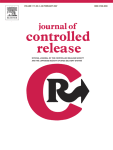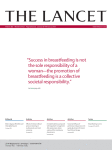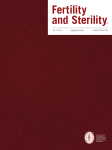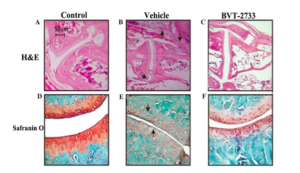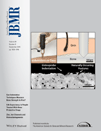 A team of researchers from Japan has earned a fifth retraction, after co-authors told the journal that they did not participate in much of the paper.
A team of researchers from Japan has earned a fifth retraction, after co-authors told the journal that they did not participate in much of the paper.
Yoshihiro Sato, listed at Mitate Hospital, is the only author of the paper who was not “honorary,” the managing editor of the journal confirmed. He and the same co-authors recently lost three other papers about preventing hip fractures for “concerns regarding data integrity” and authorship issues — one of those papers, published in JAMA, specified that Sato was responsible for the data. All four authors were also included in a retraction last year of a paper with “concerns about the underlying data;” there, too, Sato said his co-authors were named “for honorary reasons.”
Here’s the retraction notice for “Alendronate and vitamin D2 for prevention of hip fracture in Parkinson’s disease: A randomized controlled trial,” published in Movement Disorders:
Continue reading “All co-authors are honorary:” Team earns fifth retraction
 JAMA and another journal in its network have retracted three 2005 papers about preventing hip fractures, after an admission of scientific misconduct.
JAMA and another journal in its network have retracted three 2005 papers about preventing hip fractures, after an admission of scientific misconduct. 